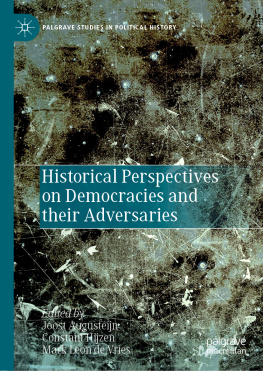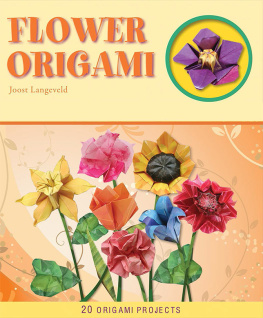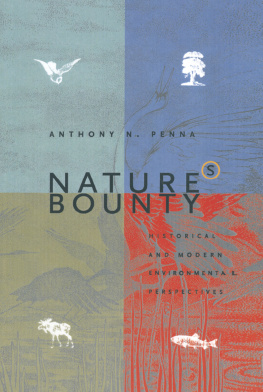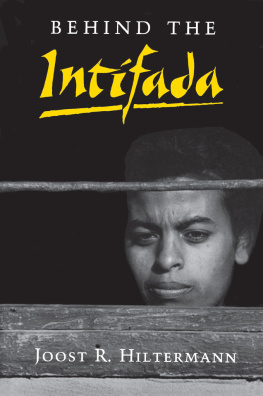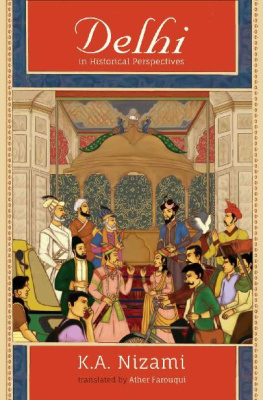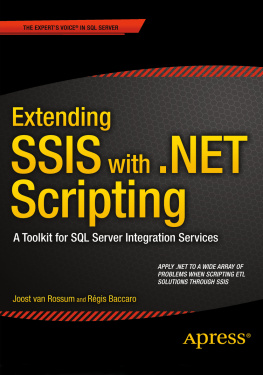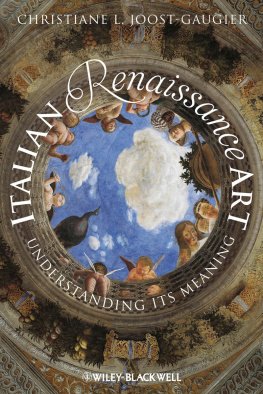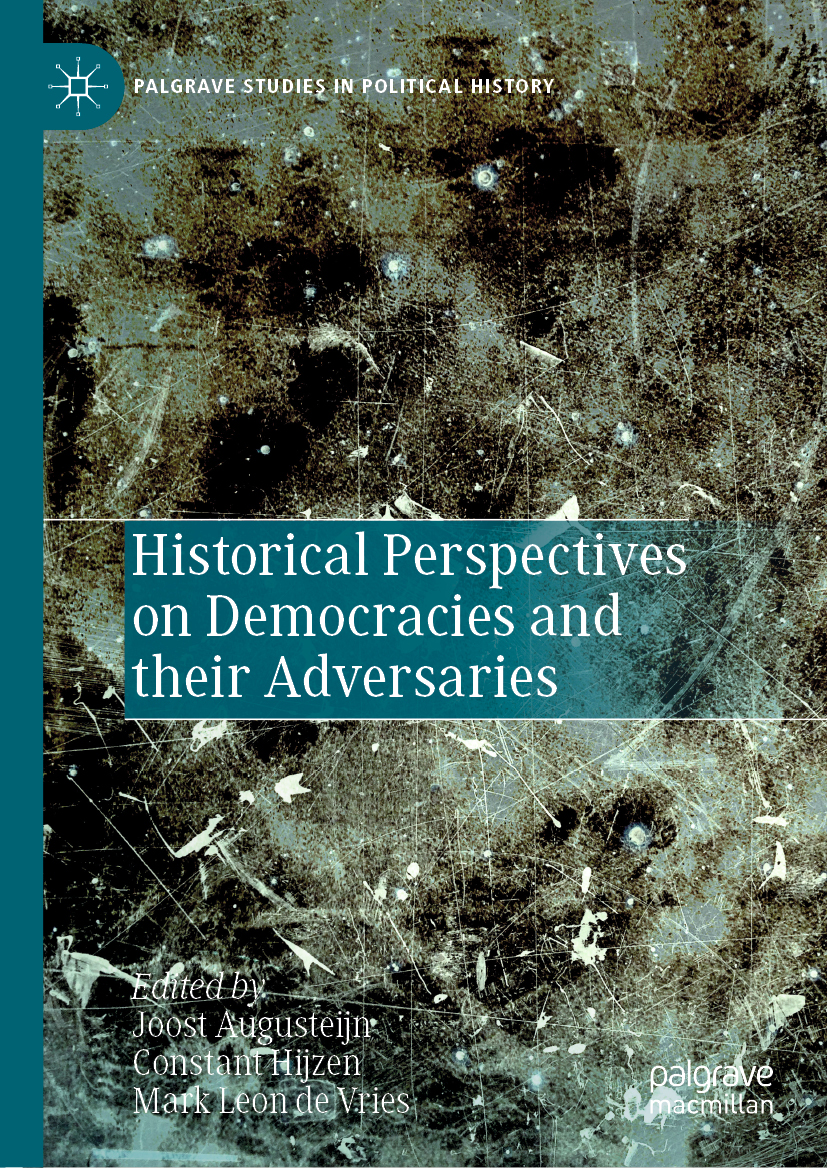Palgrave Studies in Political History
Series Editors
Henk te Velde
Leiden University, Leiden, The Netherlands
Maartje Janse
Leiden University, Leiden, The Netherlands
Hagen Schulz-Forberg
Aarhus University, Aarhus, Denmark
The contested nature of legitimacy lies at the heart of modern politics. A continuous tension can be found between the public, demanding to be properly represented, and their representatives, who have their own responsibilities along with their own rules and culture. Political history needs to address this contestation by looking at politics as a broad and yet entangled field rather than as something confined to institutions and politicians only. As political history thus widens into a more integrated study of politics in general, historians are investigating democracy, ideology, civil society, the welfare state, the diverse expressions of opposition, and many other key elements of modern political legitimacy from fresh perspectives. Parliamentary history has begun to study the way rhetoric, culture and media shape representation, while a new social history of politics is uncovering the strategies of popular meetings and political organizations to influence the political system. Palgrave Studies in Political History analyzes the changing forms and functions of political institutions, movements and actors, as well as the normative orders within which they navigate. Its ambition is to publish monographs, edited volumes and Pivots exploring both political institutions and political life at large, and the interaction between the two. The premise of the series is that the two mutually define each other on local, national, transnational, and even global levels.
More information about this series at http://www.palgrave.com/gp/series/15603
Editors
Joost Augusteijn
Department of History, Leiden University, Leiden, Zuid-Holland, The Netherlands
Constant Hijzen
Institute of History, Leiden University, Leiden, Zuid-Holland, The Netherlands
Mark Leon de Vries
Independent Researcher, Amsterdam, The Netherlands
Palgrave Studies in Political History
ISBN 978-3-030-20122-7 e-ISBN 978-3-030-20123-4
https://doi.org/10.1007/978-3-030-20123-4
The Editor(s) (if applicable) and The Author(s), under exclusive license to Springer Nature Switzerland AG, part of Springer Nature 2019
This work is subject to copyright. All rights are solely and exclusively licensed by the Publisher, whether the whole or part of the material is concerned, specifically the rights of translation, reprinting, reuse of illustrations, recitation, broadcasting, reproduction on microfilms or in any other physical way, and transmission or information storage and retrieval, electronic adaptation, computer software, or by similar or dissimilar methodology now known or hereafter developed.
The use of general descriptive names, registered names, trademarks, service marks, etc. in this publication does not imply, even in the absence of a specific statement, that such names are exempt from the relevant protective laws and regulations and therefore free for general use.
The publisher, the authors and the editors are safe to assume that the advice and information in this book are believed to be true and accurate at the date of publication. Neither the publisher nor the authors or the editors give a warranty, expressed or implied, with respect to the material contained herein or for any errors or omissions that may have been made. The publisher remains neutral with regard to jurisdictional claims in published maps and institutional affiliations.
Cover credit: theendup/Alamy Stock Photo
This Palgrave Macmillan imprint is published by the registered company Springer Nature Switzerland AG
The registered company address is: Gewerbestrasse 11, 6330 Cham, Switzerland
Acknowledgements
This volume finds its origins in the panel on: Democracy, the Nation State and their Adversaries, within the conference: Reconsidering Democracy and the Nation State in a Global Perspective, which was held at Leiden University 1416 January 2016. Without the financial support of the Institute for History of Leiden University and the city council of Leiden this would not have been possible, and we hereby want to record our thanks to them for this.

